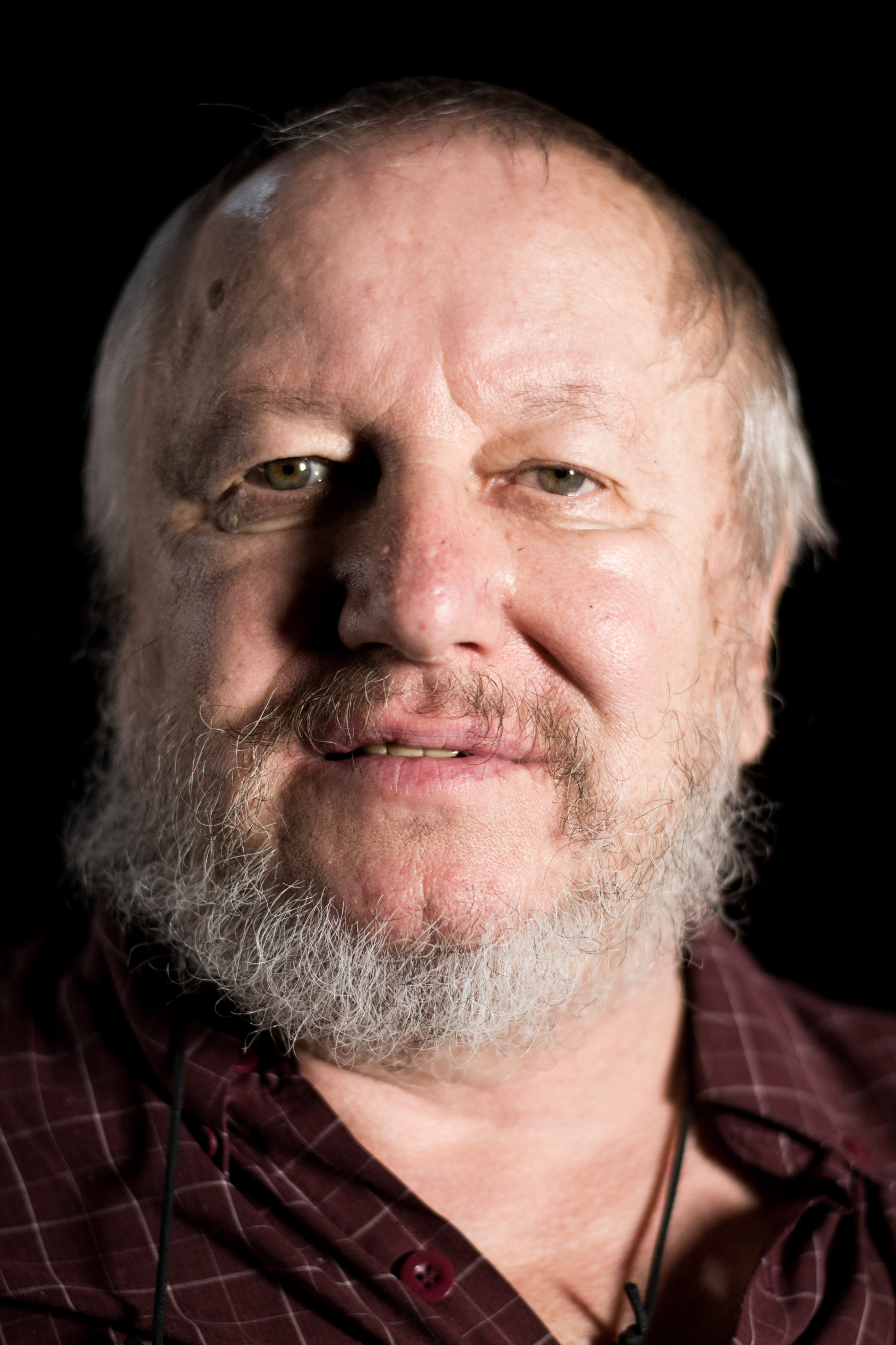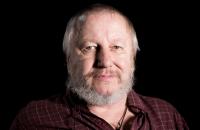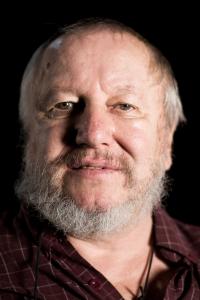I was schizophrenic. My friends emigrated, I adored them but at the same time was a member of the Socialist Union of Youth Central Committee

Download image
Zdeněk Potužil was born on 25 August 1947 into the family of a lawyer and doctor of philosophy František Potužil. As a child he was an amateur radio operator. After finishing elementary school he studied a technical school in Prague’s Ječná street. Following graduation he was admitted to the Theatre Faculty of the Academy of Performing Arts in Prague. In 1969 along with Miroslav Jelínek and Petr Matějů he established the ensemble Divadlo na okraji (‘Theater on the margins’). At the Wolkerův Prostějov festival in 1971 he won the jury and the audience awards. The same year he began working as a dramaturg in the Artistic Ensemble of the Youth Rubín, part of the Socialist Union of Youth. In late January 1977 he and the whole ensemble signed the so-called Anti-charter. Shortly thereafter he was contacted by the secret policeman Josef Mertl. Six months later he signed up for collaboration with the secret agency under the codename ‘Bílý’ (‚White‘). In February 1978 the collaboration was terminated. In late 1982 he got once again contacted by the secret police. He was then registered as a so-called candidate for secret cooperation. In 1987 he left Divadlo na okraji. He also worked as director in Činoherní studio in Ústí nad Labem, in Prague’s city theaters, and in Rokoko theater. Up until 1991 he managed Studio Rubín. Five years later he became artistic chief of Rokoko theater. On top of his theater work, he also directed five hundred shows for the Czech TV, mostly on poetry.

